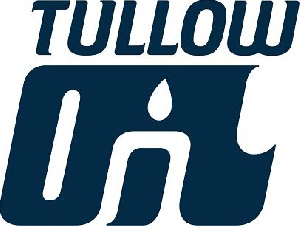British oil giant Tullow Oil (TLW) failed to hit the jackpot with the Makore-1 exploration well on the West Cape Three Points Block offshore Ghana, it reported today.
The well, located just 25 kilometres south east of the Jubilee Field discovery well, encountered two thick reservoirs but both proved water-bearing.
Operator Kosmos Energy said the well had encountered 37 metres of good-quality Campanian-age water bearing sandstone reservoirs and 46 metres of good-quality Turonian-age water-bearing sandstone reservoir.
FTSE 100-listed Tullow, which owns a 22.896% stake in the well, said it was drilled to a total depth of 3,876 metres in a water depth of 1,409 metres.
Charlie Sharp, analyst at Matrix Group, described the result as disappointing and said the result could affect the remaining prospectivity of the licence.
"We valued the Makore prospect area at 11p a share to Tullow but with this result the remaining prospectivity on WCTP looks quite thin. The majority of further appraisal and some exploration will focus on the Deepwater Tano licence where Tullow has a 50% interest. There is still plenty of upside to go for there, but in our view this will have a diminishing market impact."
The Atwood Hunter rig will remain on the block to drill the Akasa-1 exploration well, formerly known as the Dahoma Up-dip prospect, which is expected to spud shortly.
Sharp added that despite today's disappointing news, Tullow still boasts lots of significant near-term exploration drilling catalysts offshore West Africa and South America over the rest of this year; Zaedyus, Cobalt, Jaguar and Jupiter and Mercury.
"We value these prospects at 5-15p (risked) for each, and 25-50p a share (unrisked). But each prospect has considerable upside beyond that, in our view, and success could de-risk other nearby prospects and leads. The two wells scheduled for later in 2011 in Kenya (Fise and Paipai), although high risk, could open up further the growing east African interest," concluded Sharp.
Business News of Friday, 15 July 2011
Source: Fiona Bond

















